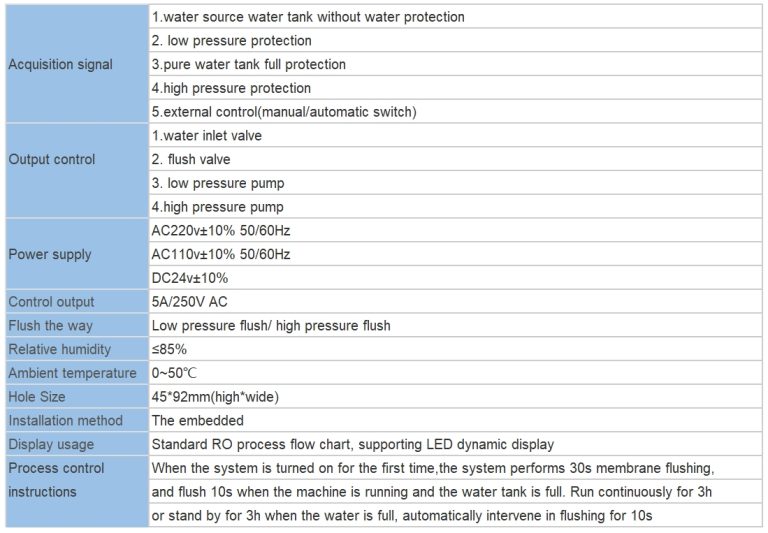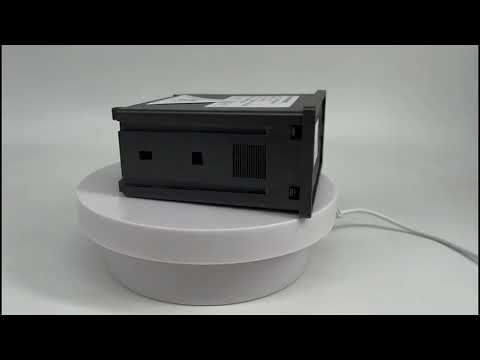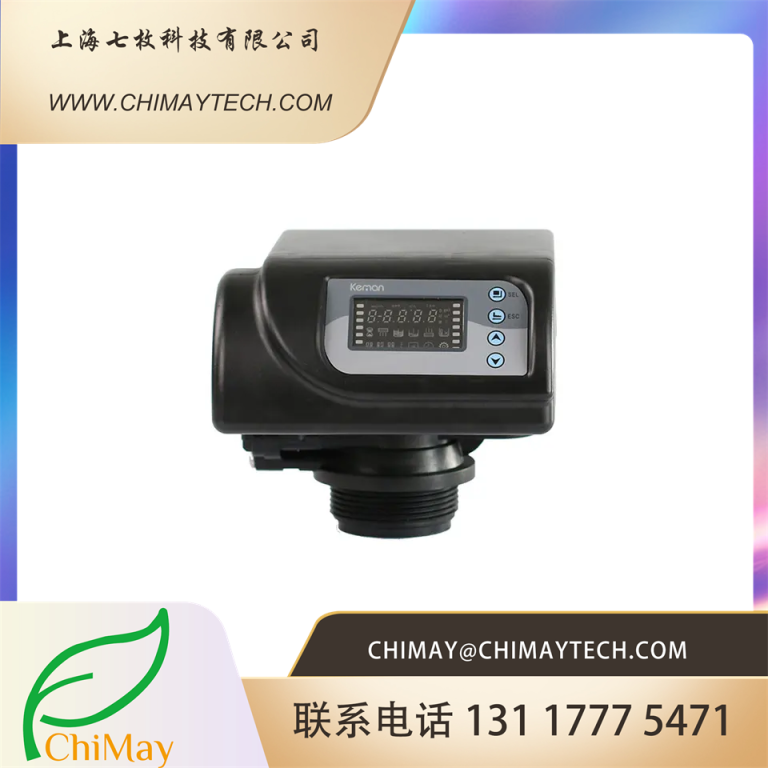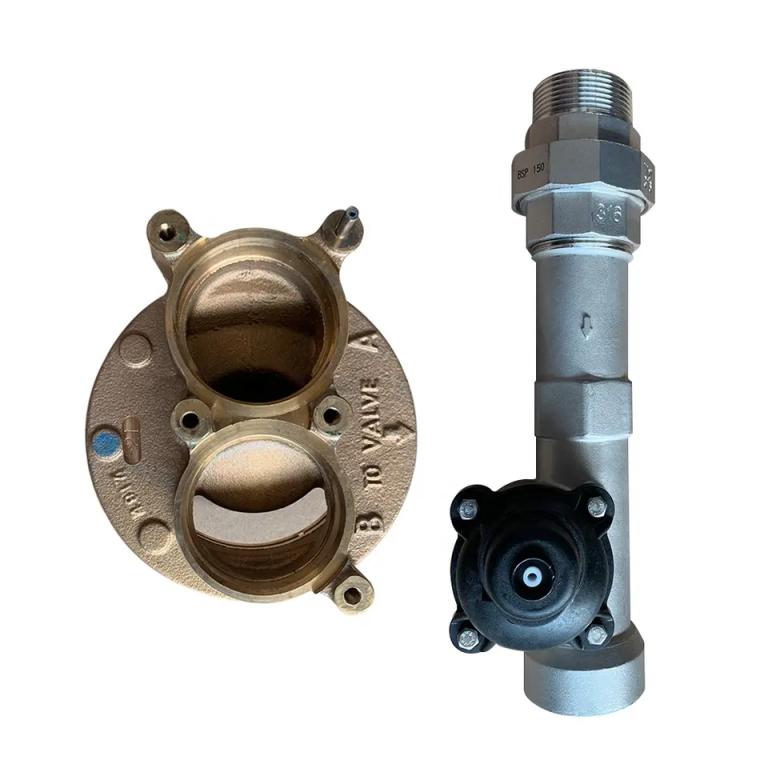“Find the perfect water softener for your home with our expert recommendations.”
Comparing Different Types of Water Softeners: Which One is Right for You?
Water softeners are essential appliances for many households, especially those located in areas with hard water. Hard water contains high levels of minerals such as calcium and magnesium, which can cause a variety of issues including scale buildup in pipes and appliances, soap scum on dishes and laundry, and dry skin and hair. By installing a water softener, you can effectively remove these minerals from your water supply, resulting in softer water that is gentler on your skin and hair, and helps extend the lifespan of your plumbing and appliances.
When it comes to choosing a water softener, there are several different types to consider. The most common types of water softeners include salt-based ion exchange softeners, salt-free water conditioners, and magnetic or electronic water softeners. Each type has its own set of pros and cons, so it’s important to understand the differences between them in order to determine which one is right for your home.

Salt-based ion exchange water softeners are the most traditional and effective type of water softener. These systems work by exchanging sodium ions for calcium and magnesium ions in the water, effectively softening it. While salt-based softeners are highly effective at removing minerals from water, they do require regular maintenance in the form of adding salt to the system and periodically cleaning the resin tank. Additionally, some people may be concerned about the added sodium in their water, although the amount is typically minimal.
Salt-free water conditioners, on the other hand, use a different method to soften water. Instead of removing minerals from the water, these systems use a template-assisted crystallization process to convert the minerals into a crystalline form that does not adhere to surfaces. While salt-free water conditioners are low maintenance and do not add sodium to the water, they are not as effective at softening water as salt-based systems. They are best suited for those who have moderately hard water and want to prevent scale buildup in their plumbing.
Magnetic or electronic water softeners are another option to consider. These systems use magnets or electronic pulses to alter the structure of the minerals in the water, preventing them from forming scale. While these systems are low maintenance and do not require salt or chemicals, they are not as effective as traditional water softeners at removing minerals from the water. They are best suited for those who have mildly hard water and want to prevent scale buildup in their appliances.
| Model | Central tube | Drain | Brine tank connector | Base | Power supply parameters | Maximum power | Pressure parameters | Operating temperature |
| 2850 | 1.9″(1.5″)O.D. | 1″NPTM | 3/8″&1/2″ | 4″-8UN | 24v,110v,220v-50Hz,60Hz | 72W | 2.1MPa | 1℃-43℃ |
| 0.14-0.84MPa |
When choosing a water softener, it’s important to consider the hardness of your water, the size of your household, and your budget. Salt-based ion exchange softeners are best for those with very hard water and larger households, while salt-free water conditioners and magnetic or electronic softeners are better suited for those with moderately hard water and smaller households. Ultimately, the best water softener for you will depend on your specific needs and preferences.
In conclusion, there are several different types of water softeners to choose from, each with its own set of pros and cons. By understanding the differences between these types of water softeners and considering factors such as water hardness, household size, and budget, you can determine which one is right for you. Whether you opt for a salt-based ion exchange softener, a salt-free water conditioner, or a magnetic or electronic softener, installing a water softener in your home can help improve the quality of your water and extend the lifespan of your plumbing and appliances.






